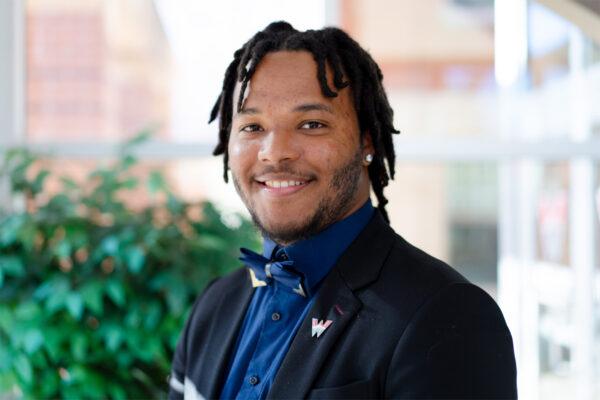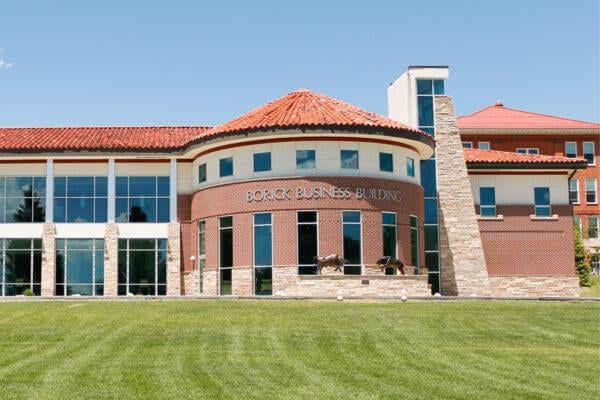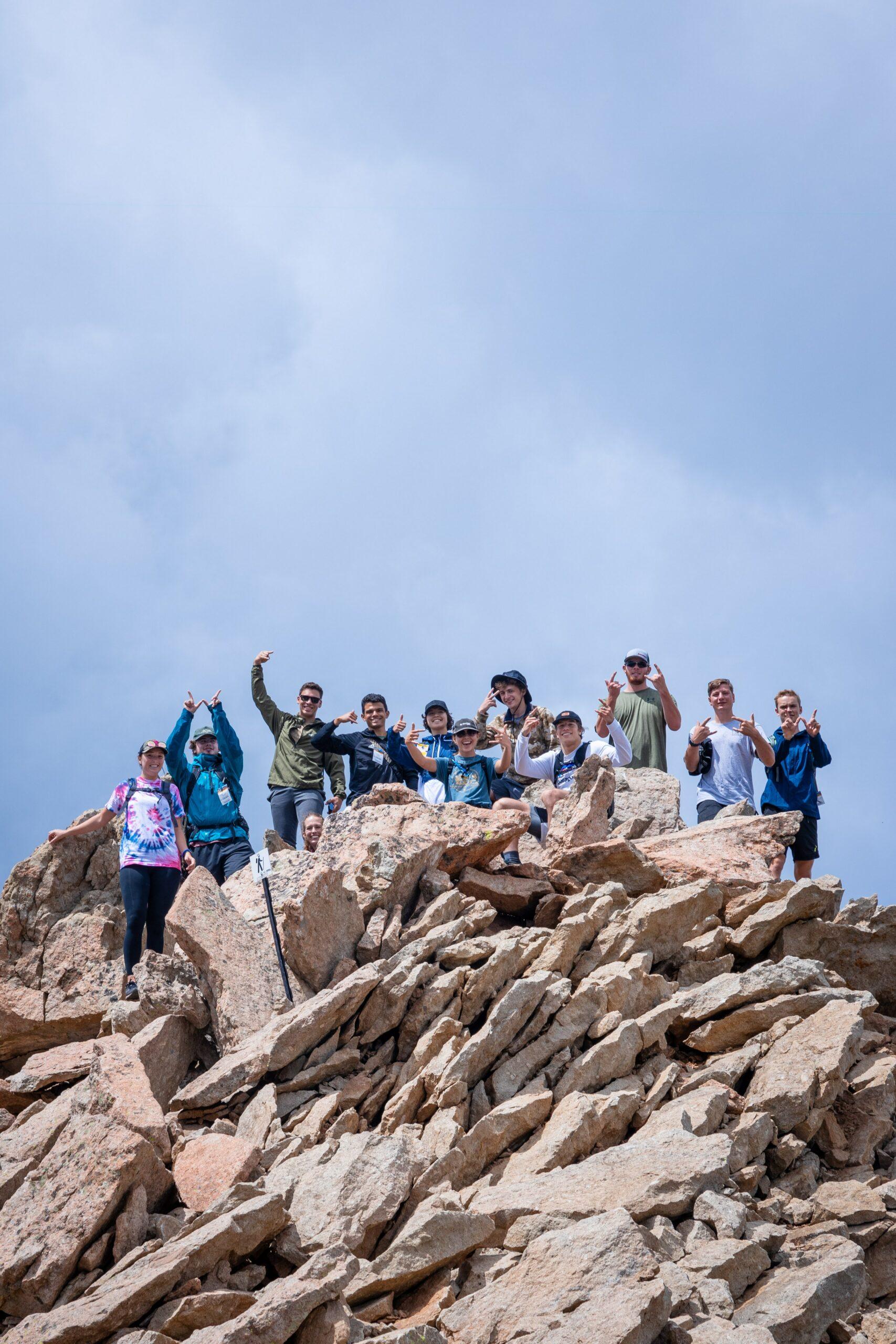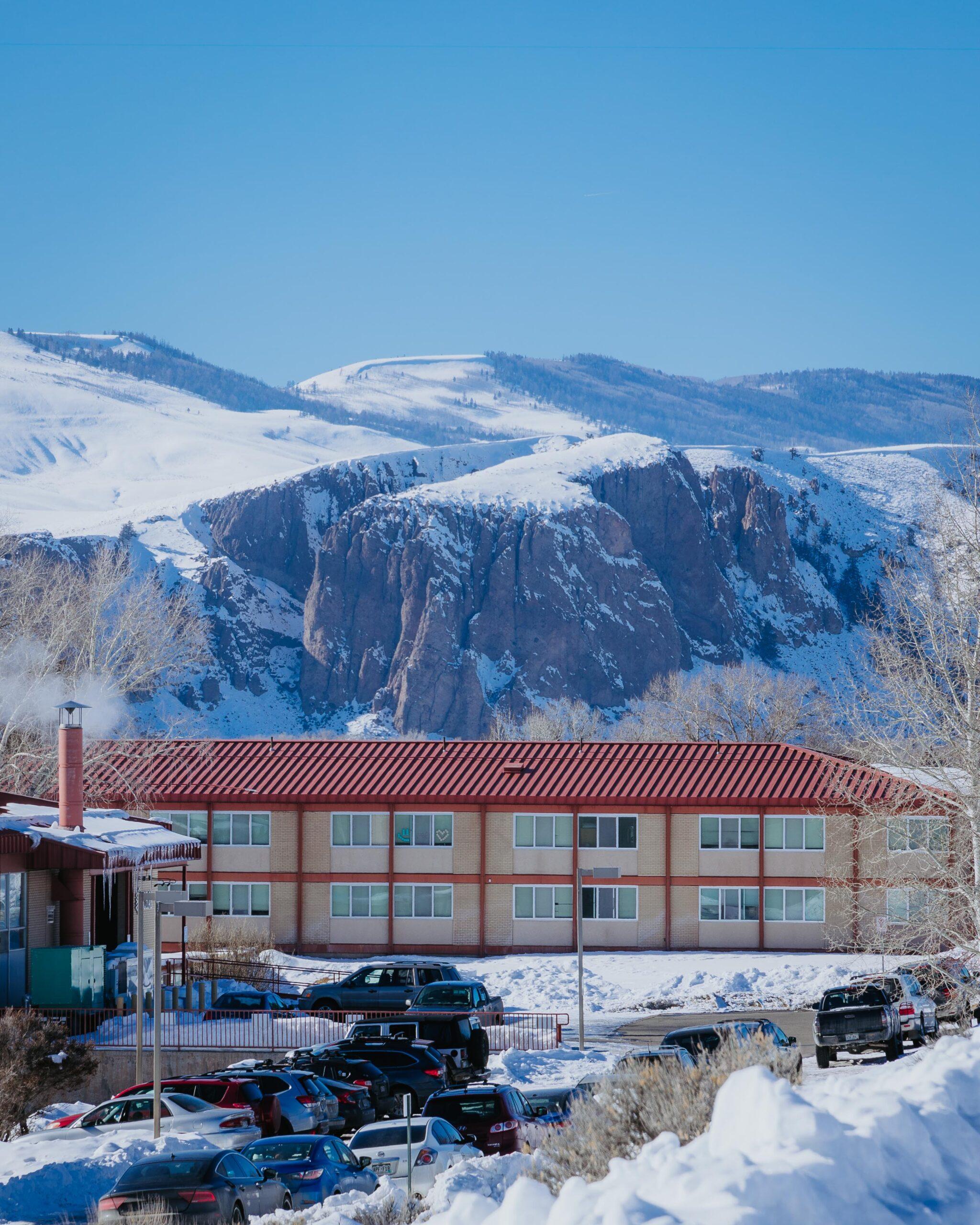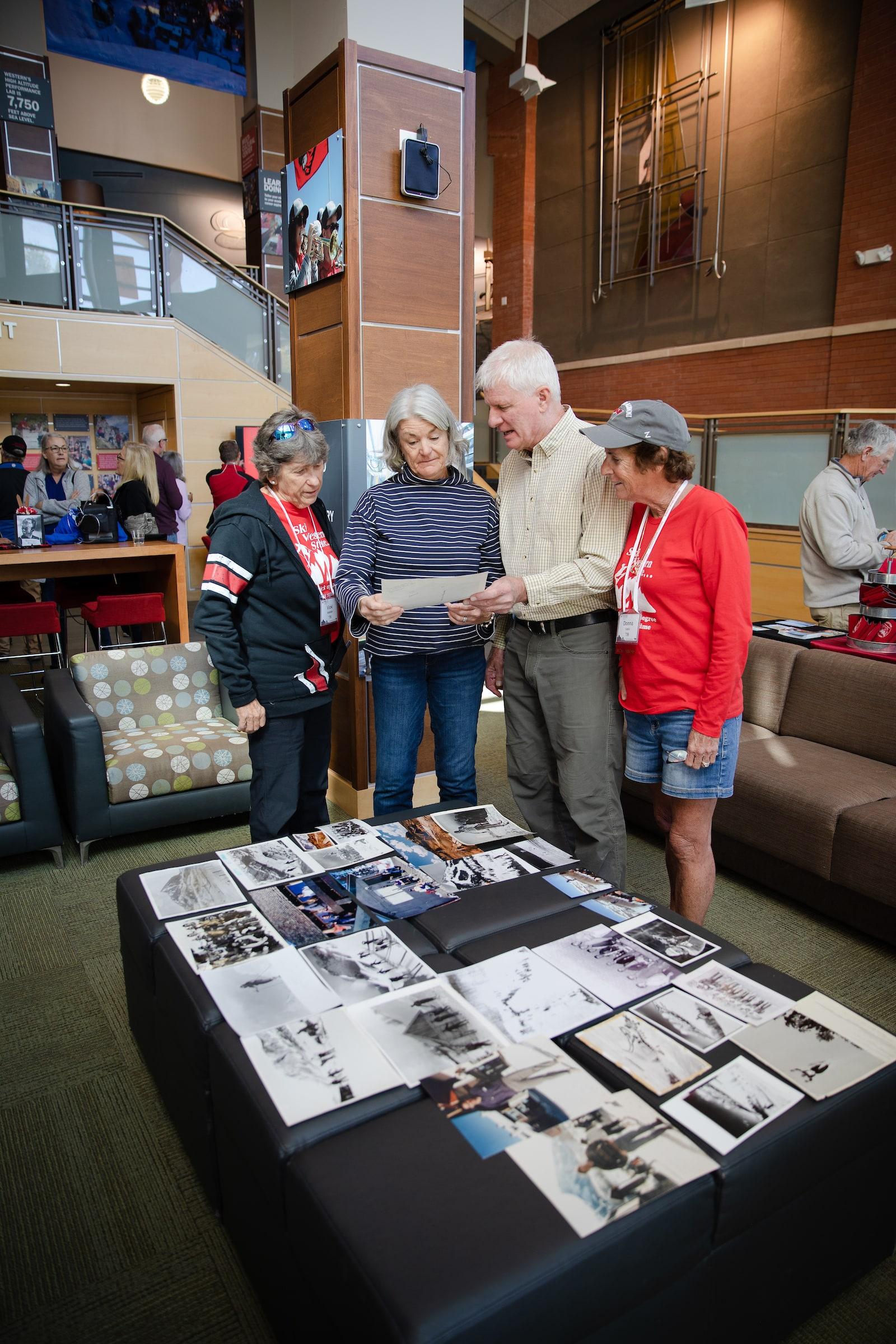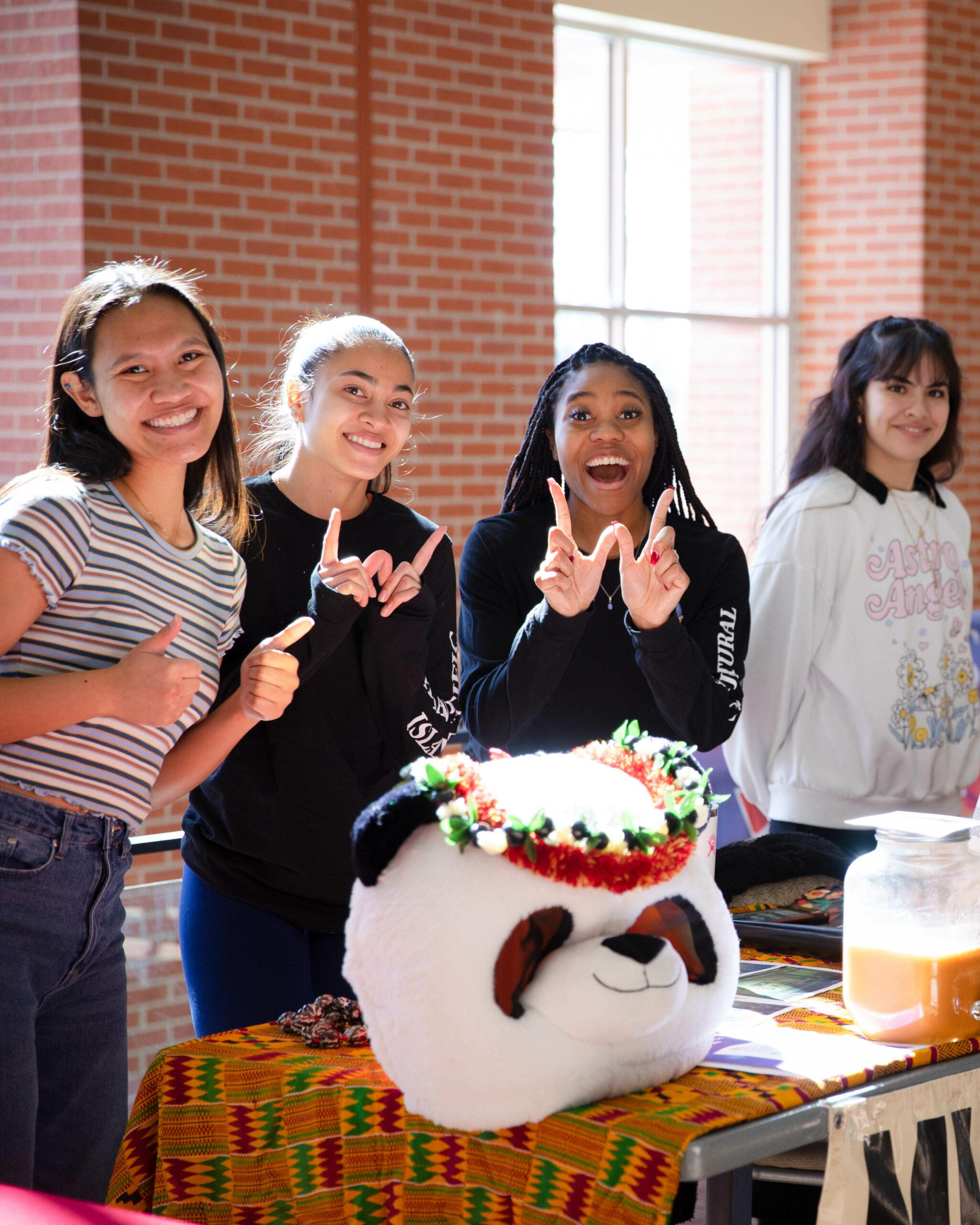Achieving Educational Goals
For New York Times bestselling author Tara Westover, success has not come easily. Achieving her educational goals was a matter of defying family and overcoming her lack of social normalcy. The daughter of parents who secluded her from formal education based on their belief that it was governmental brainwashing; Westover was determined to discover her own truth.
Taught to read by her brother, Westover piecemealed an education for herself and was accepted to Brigham Young University (BYU) at the age of 17. Graduating magna cum laude, she went on to earn her doctorate from Cambridge University.
But her education was just the beginning of her success, as she went on to write “Educated,” debuting as No. 1 on the Times’ bestseller list. She currently is a senior research fellow at the Harvard Kennedy School.
Westover spoke with Western Colorado University Executive Vice President Brad Baca during the recent Western Association of College and University Business Officers (WACUBO) Virtual Annual Conference as the keynote speaker for the conference.
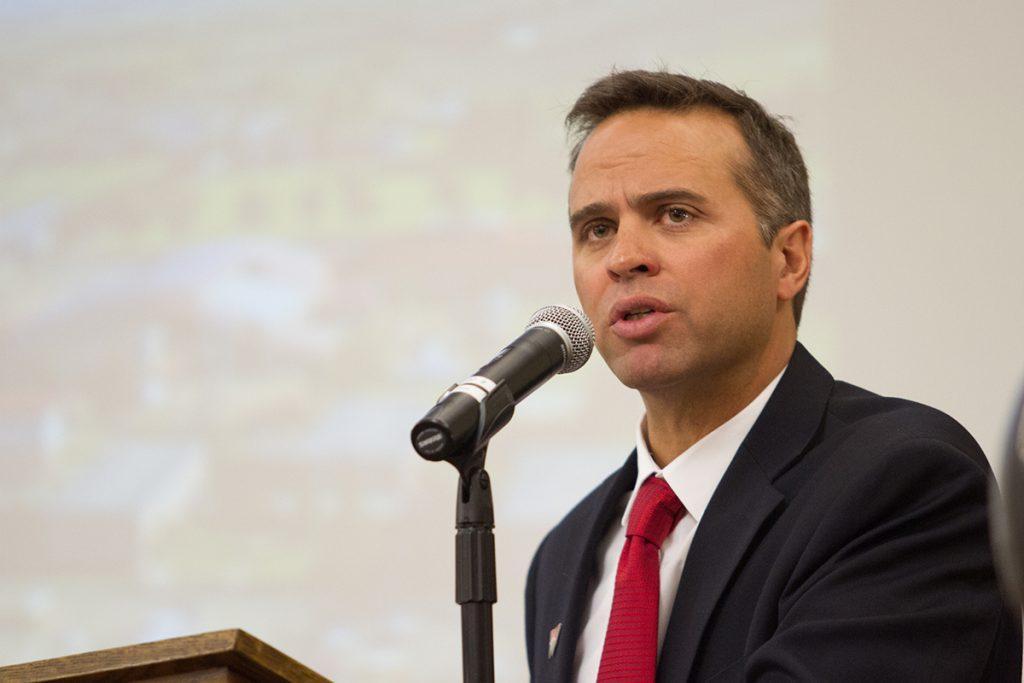
The Organization’s Mission
WACUBO is an organization representing two- and four-year institutions in 14 Western states, the provinces of British Columbia and Alberta, Canada, the territories of the Pacific Basin, and Mexico. The organization’s mission is to offer opportunities to help members develop professionally, explore issues and trends in higher education, and to engage with colleagues to share their expertise.
Baca was program chair for the May 24-26 conference and will become the president of the organization in October 2021. His interview with Westover covered numerous topics supporting the organization’s mission—not just her life’s journey, but how higher education can better serve first-generation students.
Secluded from Education
Westover grew up in the mountains of rural Idaho, isolated from the world and away from society. Her memoir chronicles an evolution from a secluded upbringing—which she described as complex, yet loving—to the realization that her life was destined to be more.
Westover’s freshman year at BYU was an awkward one. She knew little about living with others and how to perform simple functions, such as washing dishes. Yet the BYU community embraced her, and by receiving help from professors and others, she gained more than an education. She learned the skills to have a meaningful life.
Challenges and Benefits of First-gen Students
Beyond her incredible story, Westover shared with Baca about the common ground she shares with many others, especially first-generation students. First-generation students are those who are the first in their family to attend college, many of whom are from rural areas.
Westover touched upon the need for adaptation and assimilation into a higher education setting for all students. Still, she said, both challenges and benefits exist when one transitions from a rural home to the demanding environment of academia—even for those in less extreme situations than hers.
“There was a lot of opportunity for building, and creativity and problem-solving, that I think it might be harder in a city environment,” Westover said. “The downside of that is that for rural kids it can be hard to understand the traditional path for higher education.”
Westover noted that first-generation students need to see examples of academic success in their home environments to sow the seed of seeking their own next level of education. Most often, she said, the only people who hold bachelor’s and master’s degrees in their home areas are high school teachers.
“It’s difficult for them to envision the path,” she said. “It can be hard.”
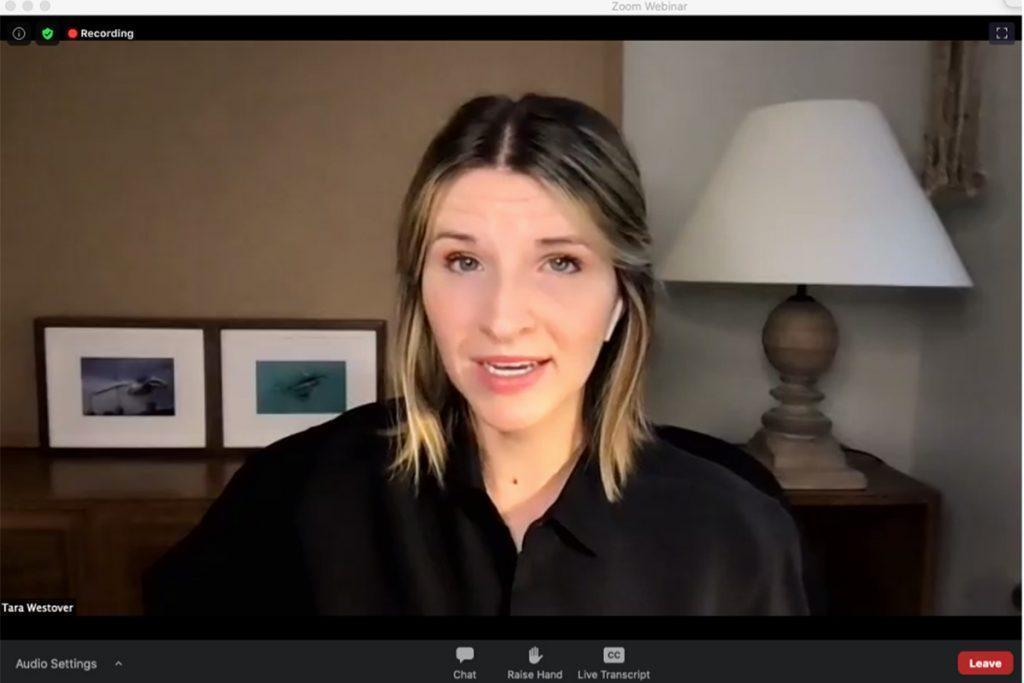
Support Through the ‘Firsts’
Baca described the necessity for universities to provide support systems, especially for first-generation students. Westover agreed, noting the many “firsts” that occur when students progress to college life. She said not having a support system, whether from family or community, is added stress to learners.
“I think what I had going for me was [a] bishop and professors who took time and invested [in me] like gardeners,” she said. “I felt taken care of in a way that allowed me the time to get my feet under me.”
Addressing students’ mental health needs, she said, is critical to providing equity in education. She also suggested that universities should encourage human connection between faculty and students. One way to do this, she said, is by universities placing the same importance upon teaching as they do on research and publication. By doing so, faculty are equally appreciated for investing in people’s lives, rather than contributing to collective knowledge.
For Westover, the time faculty invested in her was transformational.
“They’re contributing to the well-being of the world, and their goals and the prestige [of the institution],” she said. “But for some reason we don’t see the value in it the way that we would if they would just publish one more article in a peer journal … when what they really did was change someone’s life.”
Learn more about Academics at Western Colorado University.


